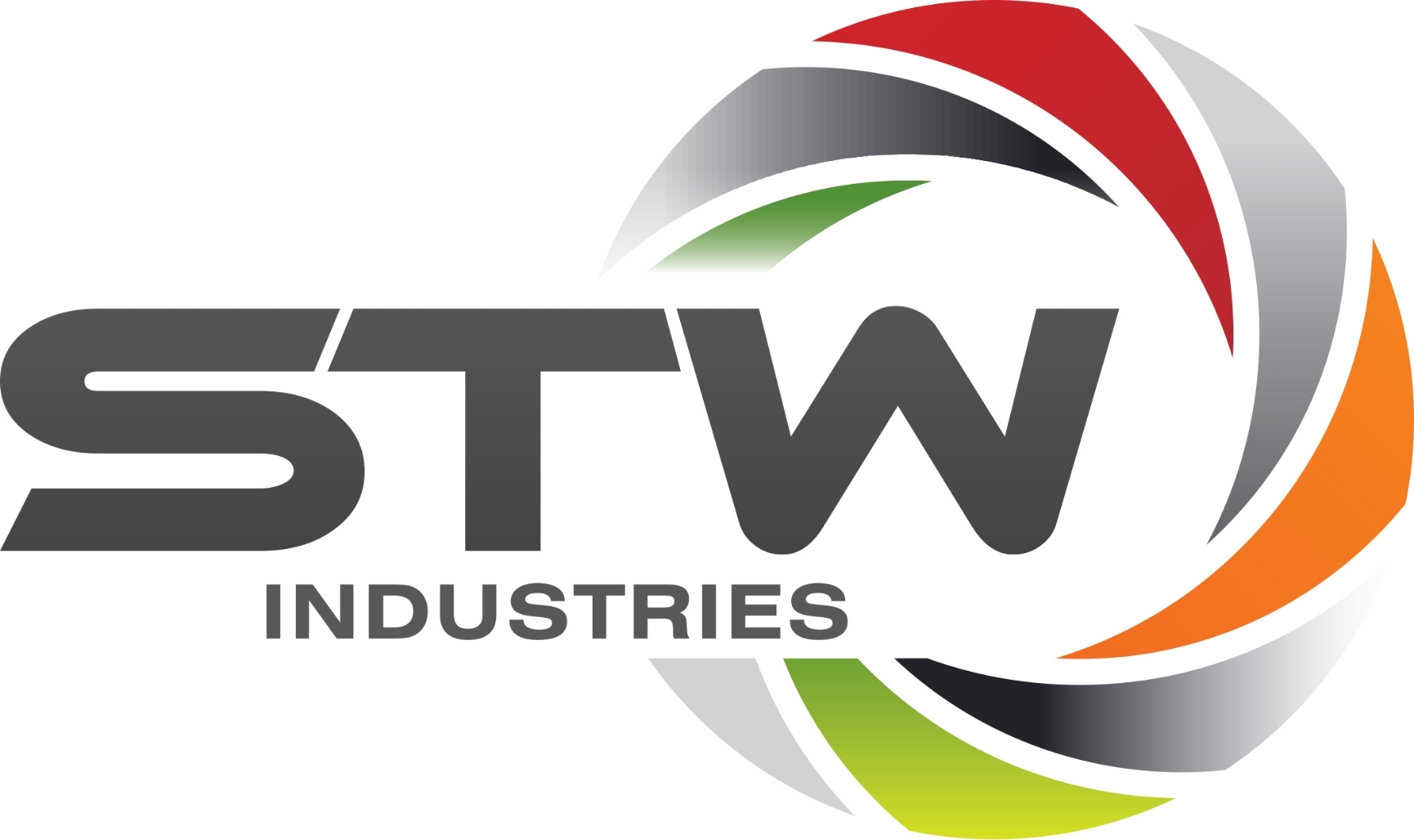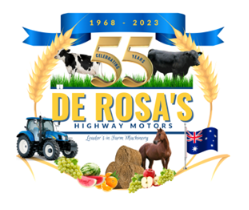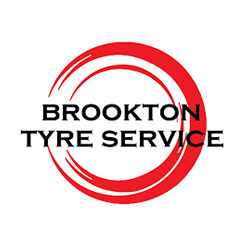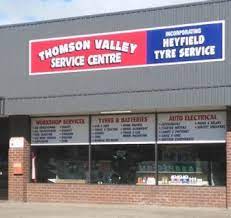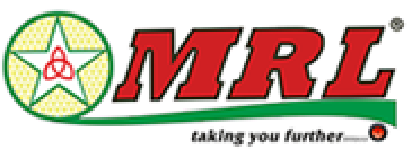Here at Specialised Tyre and Wheel (STW), and SPI Wheel Systems we offer both wheel repairs and modifications. We specialise in the design, manufacture, and supply of wheels and rims for off-road and heavy-duty vehicles, as well as providing services such as wheel modifications, repairs, and refurbishments.
Our wheel repair services include straightening, welding, and re-machining damaged wheels, as well as sandblasting and powder coating to restore the appearance of the wheel. We also offer custom wheel modifications such as beadlock conversions, bolt pattern changes, and offset adjustments to suit different vehicles and applications.
What’s the difference between wheel modification and repairs?
A wheel modification involves altering the size, design, or material of a wheel, whereas a wheel repair involves fixing or restoring a damaged or worn-out wheel.
Wheel modifications can include upsizing or downsizing the diameter or width of a wheel, changing the offset or backspacing, or installing aftermarket wheels with different designs or materials. Wheel modifications can affect the overall performance and aesthetics of a vehicle.
Wheel repair, on the other hand, is typically focused on fixing damages or defects that affect the wheel’s functionality or safety. Common wheel repairs include fixing dents, scratches, or cracks, replacing bent or broken spokes, balancing or aligning the wheels, and refinishing or repainting the surface. Wheel repair can help prolong the lifespan of the wheel and ensure safe driving conditions.
In summary, wheel modifications are changes made to the wheel for performance or aesthetic purposes, while wheel repairs are fixes made to address damages or defects to ensure proper functioning and safety.

Why do agricultural, industrial and off-road wheels get damaged, and how can they be repaired?
Agricultural, industrial, and off-road wheels can get damaged due to various reasons such as wear and tear, impact damage, corrosion, and fatigue. Some of the common types of damage include cracks, punctures, bends, and flat spots.
To repair these wheels, the first step is to identify the type and extent of the damage. Small punctures or cracks can be repaired using welding or brazing techniques. However, if the damage is extensive, it may require replacing the entire wheel.
In some cases, the wheel can be straightened using a hydraulic press or specialised wheel straightening equipment. However, this should only be attempted by trained professionals to avoid causing further damage.
To prevent damage to agricultural, industrial, and off-road wheels, regular maintenance and inspections are crucial. This includes checking tyre pressure, wheel alignment, and lubrication, as well as replacing worn out or damaged components.
Is it better to get my off-highway wheel repaired or get a new wheel made?
Whether to repair an off-highway wheel or get a new wheel made depends on several factors such as the extent of the damage, the age of the wheel, and the cost of repair or replacement.
If the damage is minor, such as a small crack or dent, then repairing the wheel may be a cost-effective option. However, if the damage is extensive or the wheel is significantly worn, it may be more economical to replace it with a new wheel.
It’s also important to consider the age of the wheel and its remaining lifespan. If the wheel is nearing the end of its useful life, it may not be worthwhile to invest in repairs, as it may require additional repairs in the near future.
Another factor to consider is the availability of replacement parts. If the wheel is an older or uncommon model, it may be difficult or expensive to find replacement parts, making repair less viable.
In general, it’s best to consult with a qualified professional who specialises in off-highway wheel repair and replacement to evaluate the best course of action based on the specific circumstances.
Are repaired off-highway wheels as strong as brand new?
The strength of a repaired off-highway wheel depends on the extent and quality of the repair, as well as the type and severity of the damage. In general, a properly repaired wheel can be as strong as a brand new wheel.
The repair process involves identifying the type and extent of the damage, and then repairing or replacing any damaged components. For example, if the damage is a crack, the repair technician may weld or braze the crack, or replace the affected section of the wheel.
After the repair is completed, the wheel should undergo rigorous testing to ensure that it meets or exceeds the manufacturer’s specifications for strength, durability, and safety. This includes testing for load capacity, impact resistance, and fatigue strength.
If the repair is done correctly and the wheel passes all necessary tests, it should be just as strong and safe as a brand new wheel. However, it’s important to note that the quality of the repair work and the experience of the repair technician can have a significant impact on the strength and durability of the repaired wheel.
General wheel checks.
Agricultural wheels are an essential part of farming equipment, and they are designed to provide stability and support to various types of farming machinery, such as tractors, plows, and combines. Proper maintenance and repair of agricultural wheels can increase their lifespan and improve their performance. Here are some common modifications and repairs for agricultural wheels:
- Tyre replacement: If the tyre on your agricultural wheel is worn out or damaged, it may need to be replaced. Before replacing the tyre, make sure to check the rim for any damage or defects.
- Rim repair: If the rim is bent, cracked, or otherwise damaged, it may need to be repaired or replaced. Depending on the severity of the damage, it may be possible to straighten the rim using specialised equipment.
- Wheel balancing: Proper wheel balancing is important for reducing vibration and improving the overall performance of your agricultural equipment. You can balance your wheels by adding weights to the rim (wheel weights) or by using specialised balancing equipment.
- Wheel size modification: If you need to change the size of your agricultural wheels, you will need to choose a size that is compatible with your equipment and the type of farming you are doing. This may involve modifying the axle and other components of the wheel assembly.
It is important to keep your agricultural wheels in good condition, as they are crucial for the safe and efficient operation of your farming equipment. Regular maintenance and repairs can help to prevent costly breakdowns and improve the performance of your equipment. If you are unsure about how to perform any modifications or repairs on your agricultural wheels, it is best to consult with a qualified mechanic or agricultural equipment specialist.
